Unlock the White House Watch newsletter for free
Your guide to what Trump’s second term means for Washington, business and the world
Benjamin Netanyahu is to hold crunch talks with Donald Trump on Monday at the US president’s Mar-a-Lago estate,…
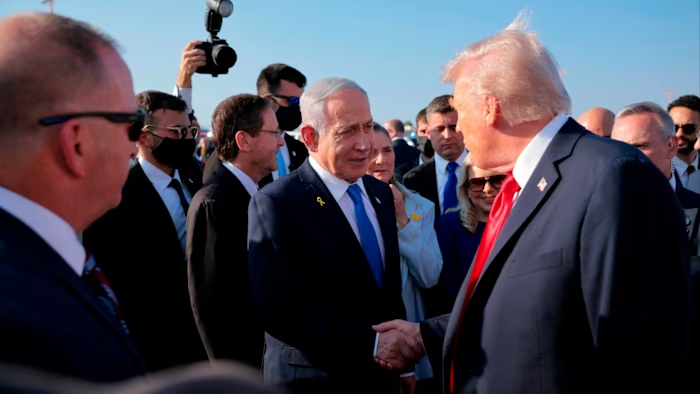
Unlock the White House Watch newsletter for free
Your guide to what Trump’s second term means for Washington, business and the world
Benjamin Netanyahu is to hold crunch talks with Donald Trump on Monday at the US president’s Mar-a-Lago estate,…
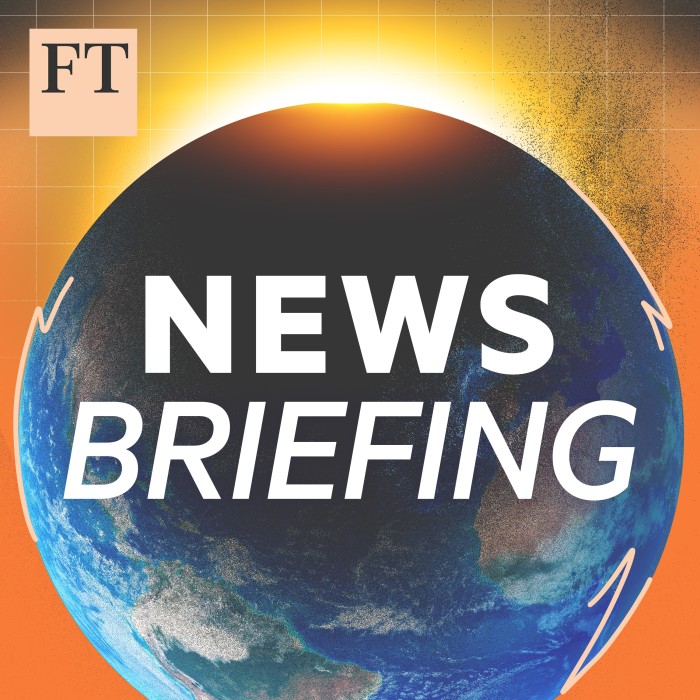
US President Donald Trump hosted Ukraine’s leader at Mar-a-Lago for high-stakes peace talks but failed to reach a breakthrough. Plus, FT markets columnist Katie Martin predicted that in 2025, the bond market would creak but not break. She…
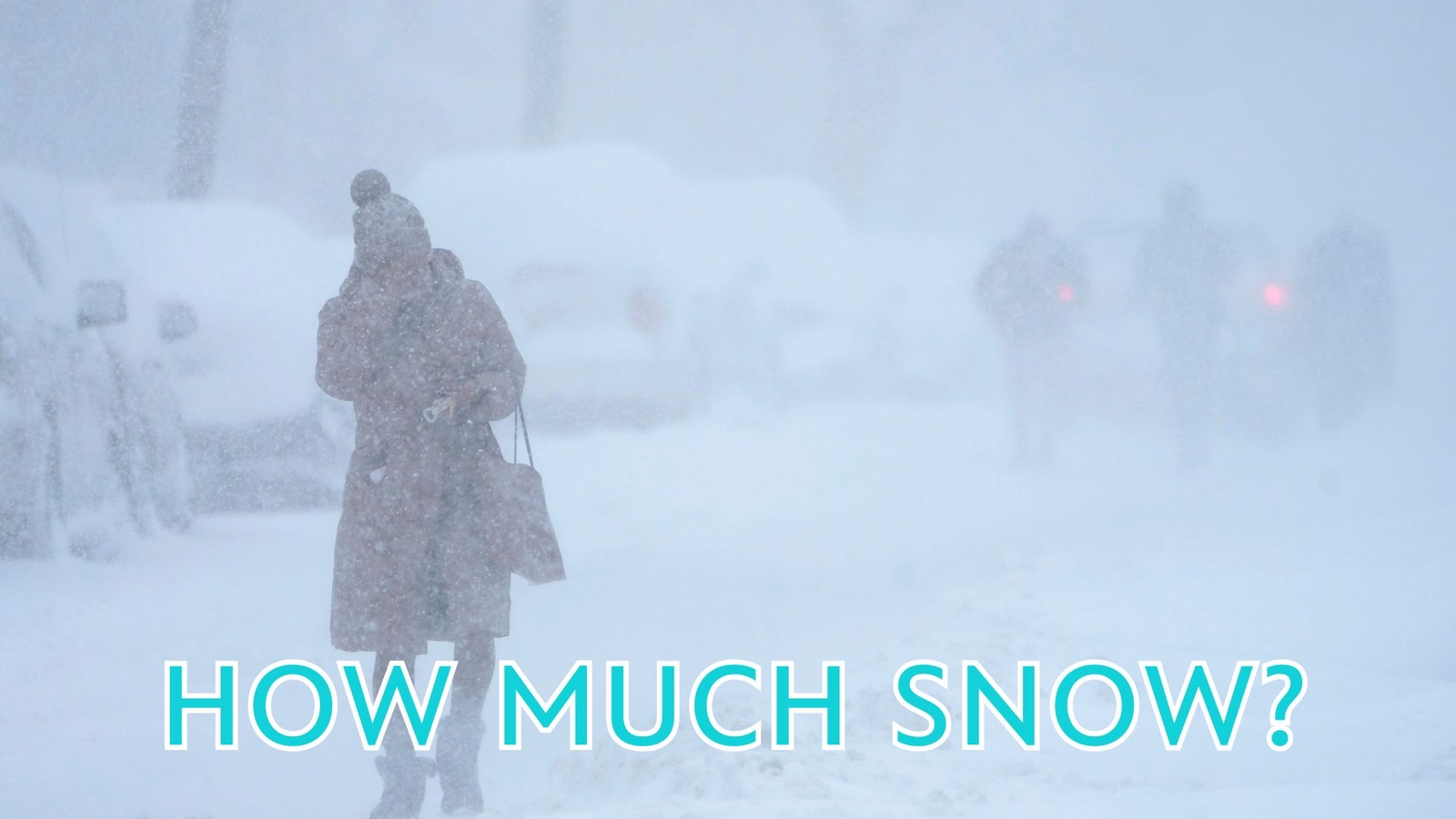
NEW YORK (WABC) — A major winter snowstorm is hammering the Tri-State area, dropping 1-2 inches per hour during the brunt in some parts.
The snow began Friday evening and began tapering off Saturday morning.
The Hudson Valley, Connecticut,…
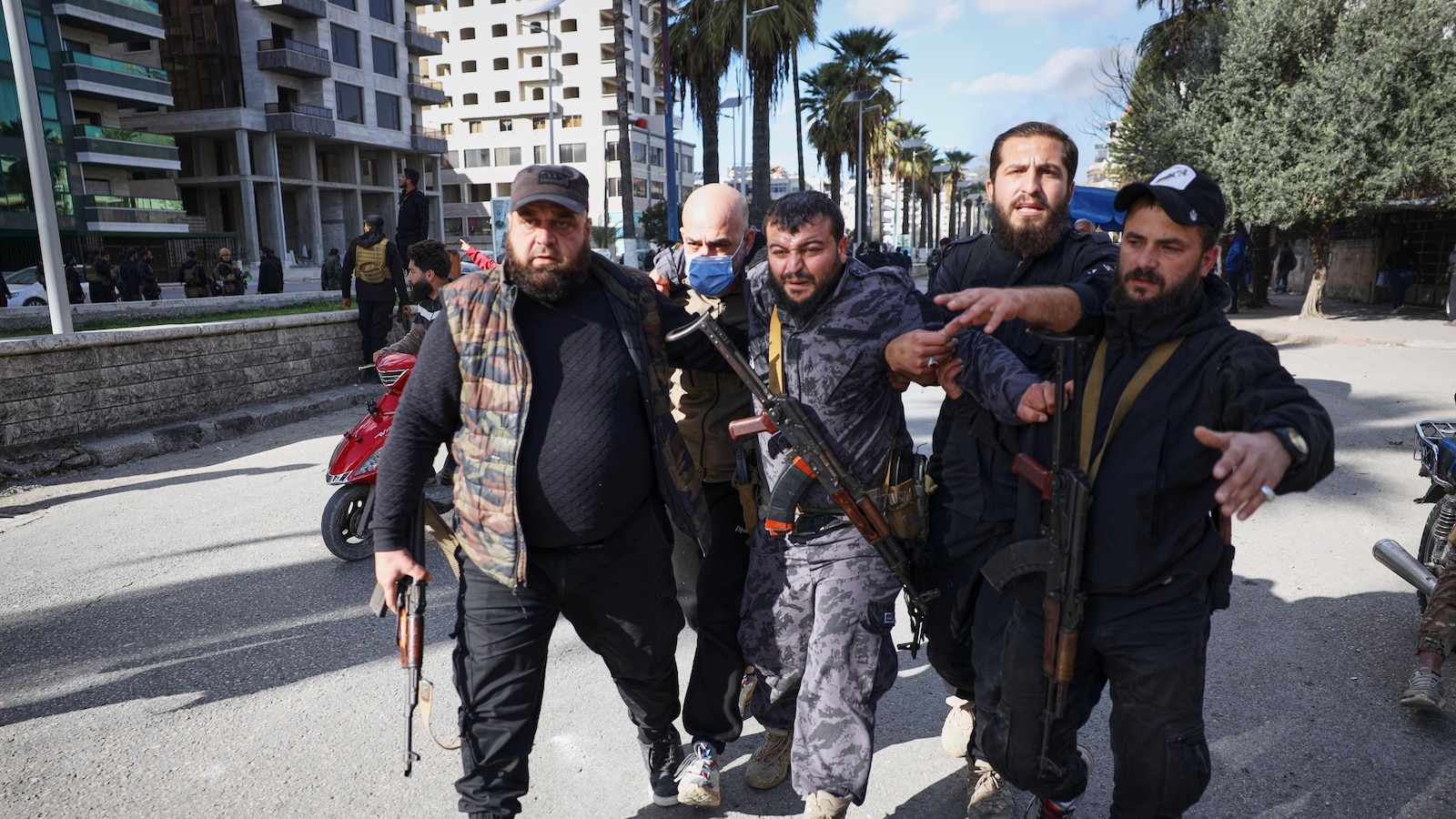
LATAKIA, Syria — Clashes broke out on Syria’s coast between protesters from the Alawite religious minority and counterdemonstrators Sunday, killing at least four people and injuring dozens of others, health officials said.
The clashes came two…
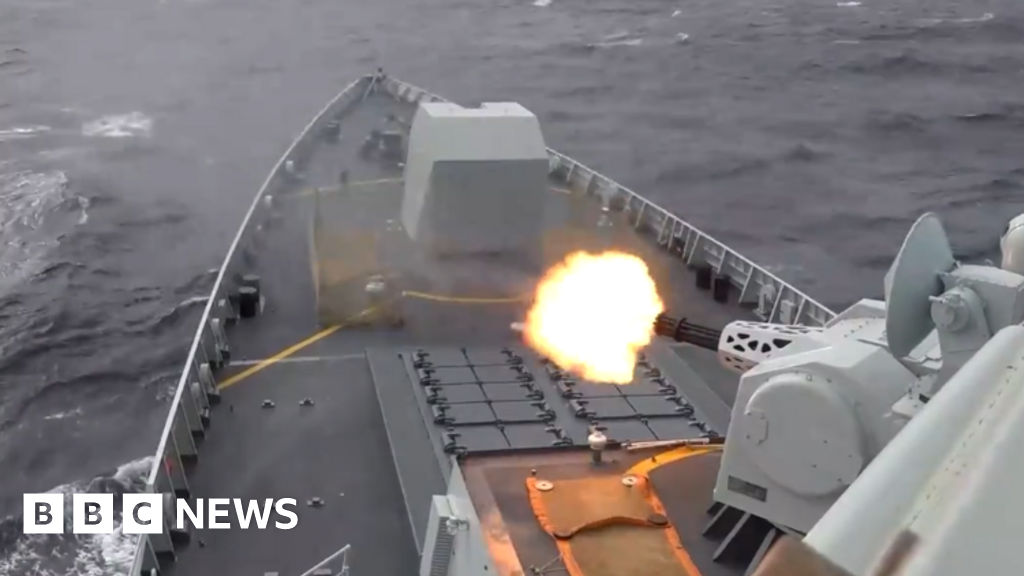
 Eastern Theater Command
Eastern Theater CommandChina is holding military drills around Taiwan simulating the seizure and blockade of the island’s…
ANTHONY ALBANESE, PRIME MINISTER: Thank you for joining us. Just over two weeks ago antisemitic terrorists tried to tear our country apart, but our country is stronger than these cowards. They went to Bondi Beach to unleash mass murder against…
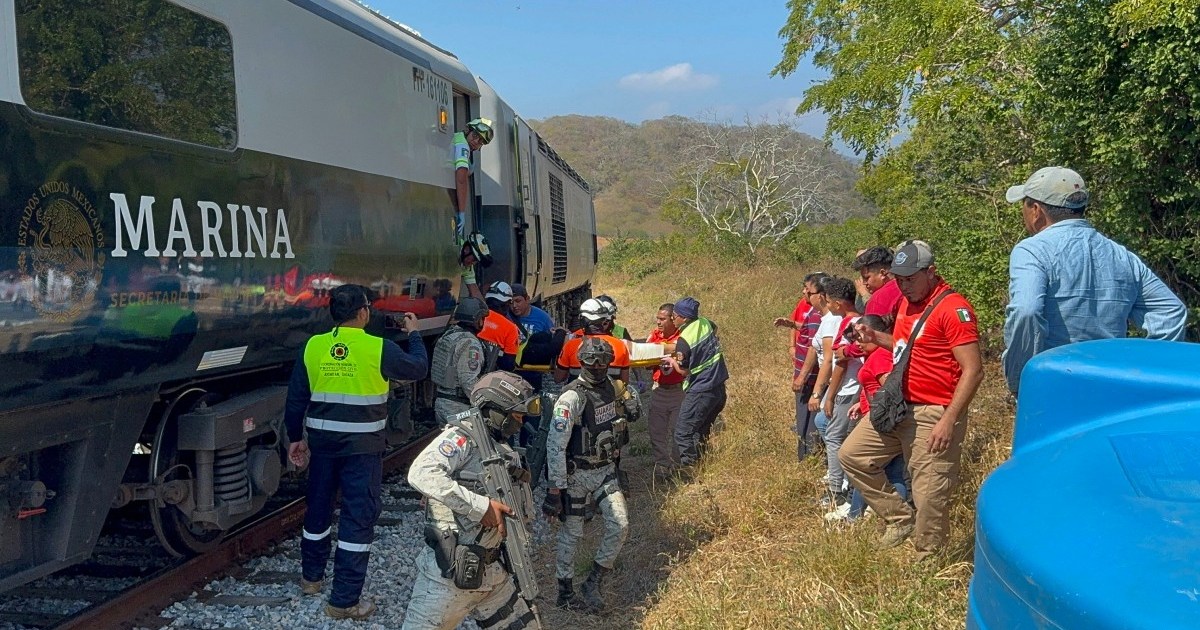
Mexico’s Navy says the train was carrying 250 people when it derailed partially near the town of Nizanda in Oaxaca.
Published On 29 Dec 2025
A train carrying 250 people has derailed…
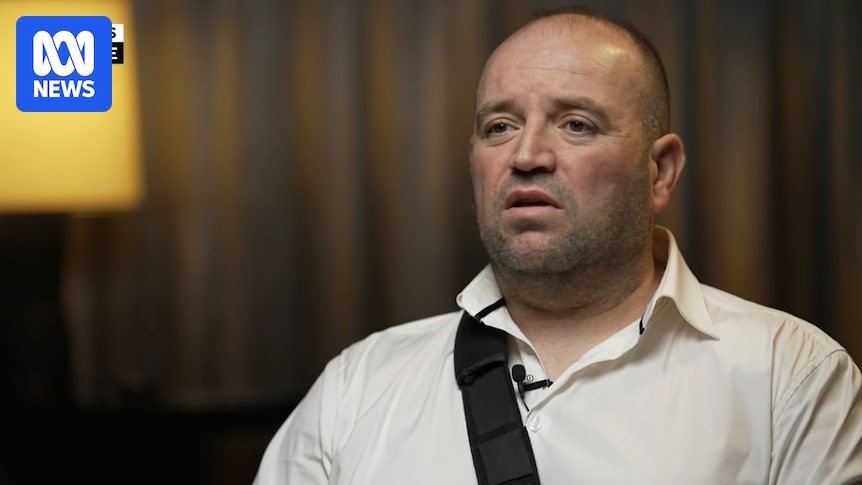
The man deemed a hero after risking his life to save “countless others” during the Bondi Beach terrorist attack has spoken of his determination to protect the innocent.
Ahmed Al Ahmed went viral after footage showed him sneaking up behind one of…
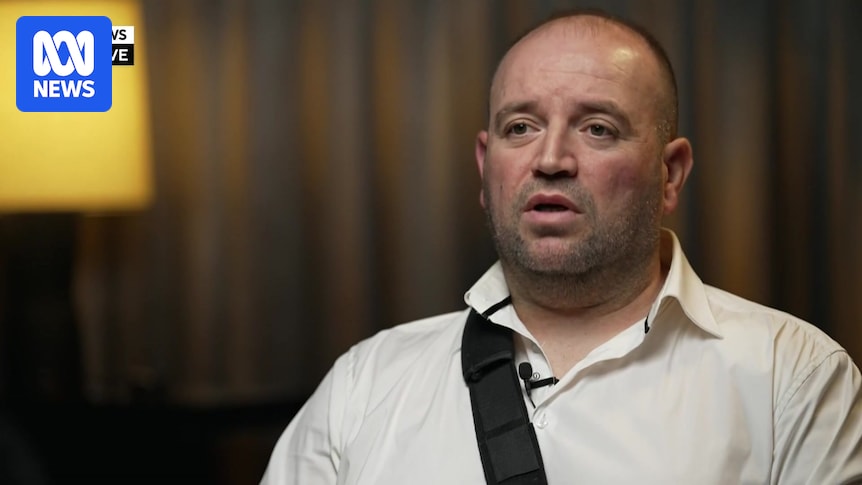
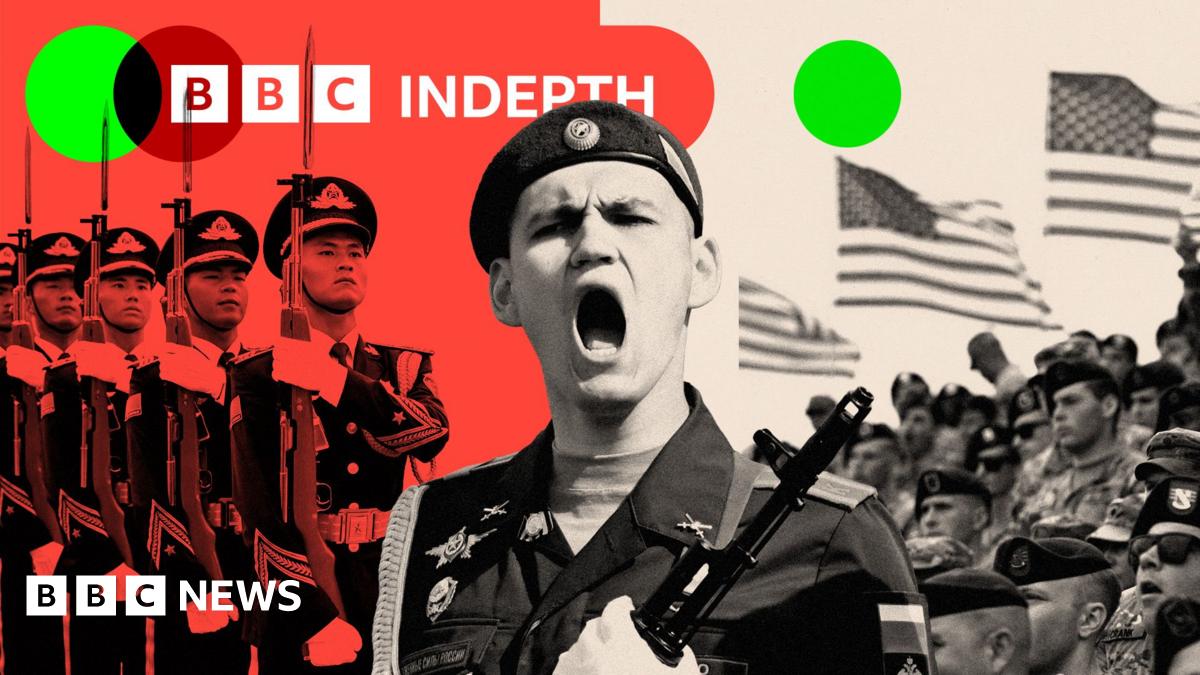
The story of 4 June 1989 wasn’t as simple as we thought at the time: armed soldiers shooting down unarmed students. That certainly happened, but there was another battle going on in Beijing and many other Chinese cities. Thousands of ordinary…